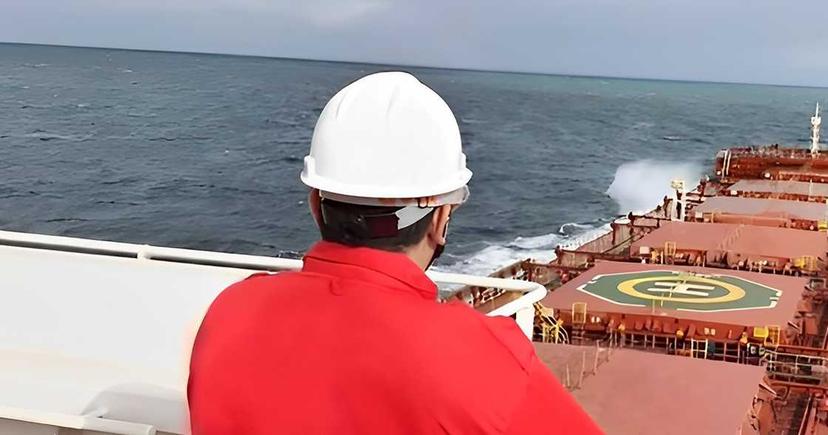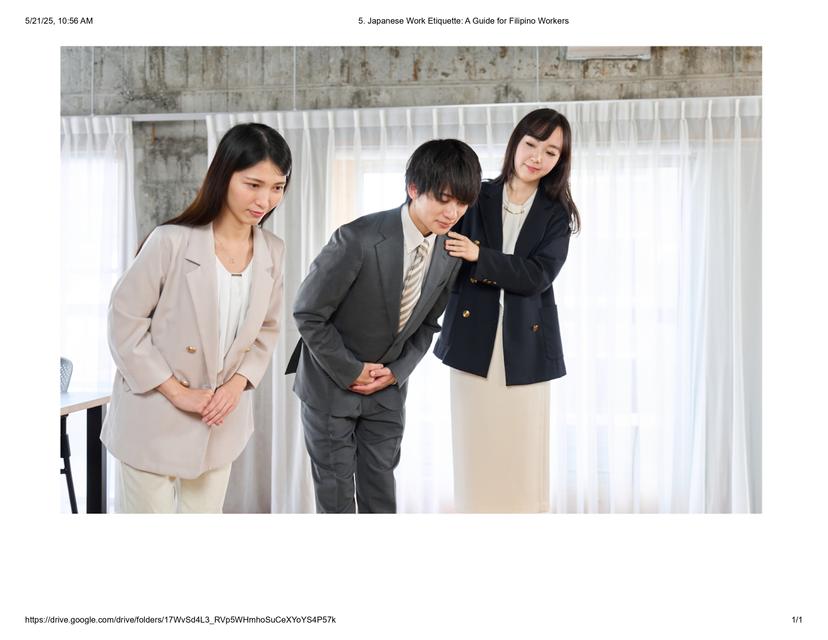Visa
Free Zone vs. Mainland Visa: What’s the Difference?

When planning to work or start a business in the United Arab Emirates (UAE), one of the first decisions you’ll face is choosing between a Free Zone and a Mainland visa. While both options provide legal residency and work authorization, the differences between them significantly affect business operations, job flexibility, and long-term strategy. Here's what you need to know to make an informed choice.
Overview: Free Zone vs. Mainland
The UAE offers two main business jurisdictions:
- Free Zone: Designed to attract foreign investors with 100% ownership, tax benefits, and simplified business setup. Visas are sponsored by the respective Free Zone authority.
- Mainland: Allows you to conduct business anywhere in the UAE, including with government and private clients. Visas are typically sponsored by a private sector company registered with the Department of Economic Development (DED) of the respective emirate.
Key Differences at a Glance
Feature |
Free Zone Visa |
Mainland Visa |
|---|---|---|
|
Business Scope |
Operate within Free Zone or internationally |
Operate across UAE, no restriction |
|
Ownership |
100% foreign ownership |
100% foreign ownership (since 2021 reforms for most sectors) |
|
Sponsor |
Free Zone Authority |
UAE-based private or government company |
|
Government Contracts |
Not allowed (unless through local agents) |
Allowed |
|
Office Requirement |
Usually co-working or flexi-desk |
Physical office space required |
|
Visa Quotas |
Limited by Free Zone |
Based on office size & business type |
|
Employment Flexibility |
Limited to Free Zone companies |
Can work with any UAE-based company |
|
Cost |
Generally more cost-effective for small setups |
Varies by business and location |
Free Zone Visas: Who Should Consider Them
Free Zone visas are ideal for:
- Freelancers and consultants
- Startups and SMEs targeting international markets
- Remote workers who don't need a large physical office
- Investors or entrepreneurs looking for full ownership and minimal admin overhead
Popular Free Zones include:
🔗 Dubai Multi Commodities Centre (DMCC)
🔗 Dubai Internet City
🔗 Abu Dhabi Global Market (ADGM)
🔗 Sharjah Media City (Shams)
Browse all Free Zones here:
🔗 UAE Free Zones List – Official Portal
Mainland Visas: Who Should Consider Them
Mainland visas are best suited for:
- Businesses serving local UAE clients
- Companies targeting government contracts
- Professionals with job offers from private UAE firms
- Retail or brick-and-mortar businesses
Setup is done through the Department of Economic Development (DED) in each emirate:
🔗 Dubai DED
🔗 Abu Dhabi DED
🔗 Sharjah DED
Visa Application Differences
✅ Free Zone Visa Application
- Applied through the specific Free Zone authority
- Process includes entry permit, medical test, Emirates ID, and visa stamping
- Timeframe: Usually 7–14 days
✅ Mainland Visa Application
- Sponsored by the hiring company or DED-registered entity
- Requires labor approval from MOHRE and ICP for residency
- More government departments involved
- Timeframe: 2–3 weeks
Useful portals:
🔗 MOHRE – Ministry of Human Resources and Emiratisation
🔗 ICP – Federal Authority for Identity, Citizenship, Customs & Port Security






